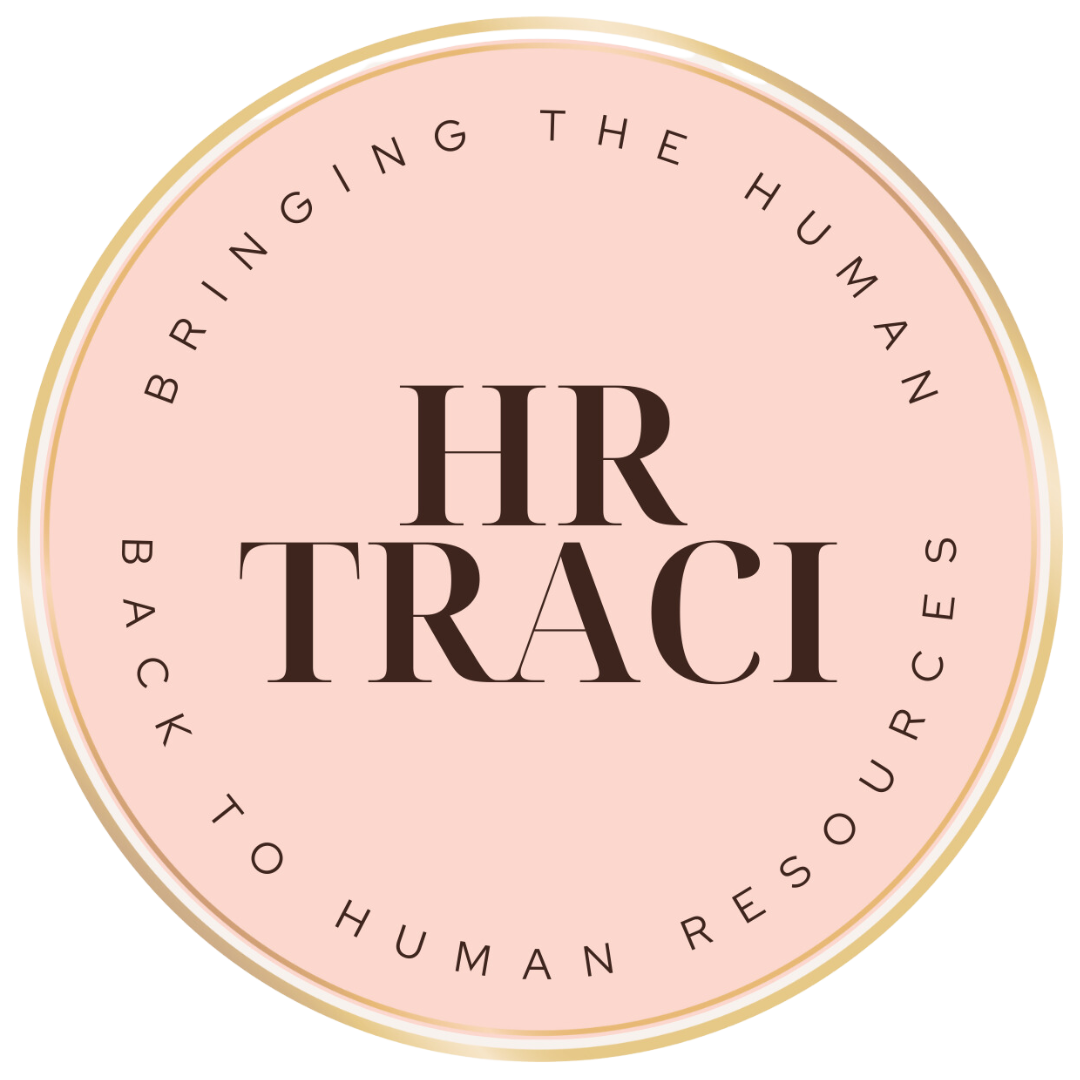Jobs Report Fallout, Binary Laws & AI Drama
What HR Needs to Know Now
If you’ve been tuning in to our Policy Pulse episodes, you know the drill: this isn’t just another compliance update. It’s everything HR professionals actually need to know to stay sharp, informed, and ahead of the curve.
In this month’s episode, Traci and Bryan cover the policy headlines that had us raising our eyebrows, updating our handbooks, and double-checking our tech stack.
Joining as always is our co-host Bryan Driscoll, an employment attorney, speaker, and compliance consultant known for making legalese digestible and HR strategy actionable.
Here’s a glimpse at the key topics we covered (no spoilers, just enough to get you curious)
01:10 – Someone Got Fired Over the Jobs Report?!
Last month’s jobs numbers weren’t what the administration hoped for, and in a stunning twist, the government statistician who compiled the report was fired.
This kind of political whiplash raises major questions about the future of BLS data. HR leaders rely on these reports for salary benchmarking, workforce planning, and economic trends. If they go quarterly or disappear altogether, private companies could be left footing the bill for third-party data.
As Traci pointed out, “Even though most places in the United States are at will in terms of employment, people probably shouldn’t be fired just because they produced a report that someone didn’t like.”
The episode uses this example to open a broader conversation about fairness, data integrity, and how politics can directly impact business planning.
06:49 – Texas Says “Male or Female, That’s It”
Starting September 1, Texas law mandates that gender be reported only as male or female, based strictly on birth certificate designation.
For HR teams managing employees in multiple states, this creates a compliance puzzle. States like California require more inclusive reporting, while Texas restricts it. So how do you submit accurate data while staying legally compliant?
This law puts the burden on HR to navigate conflicting requirements, and puts non-binary employees in a difficult position.
14:50 – AI in Hiring: Colorado Isn’t Playing
Colorado’s AI regulation (SB 205) is one of the strictest in the country and applies to any “high-risk” use of AI, including hiring, promotions, and performance evaluations.
Even if your company isn’t based in Colorado, the law could still apply if you're hiring remote employees in the state. Employers must conduct risk assessments, mitigate bias, and disclose use of AI to candidates.
As Bryan explained, “You, the employer, are liable. You may be able to sue the vendor, sure, we don’t care about that. The EEOC says, we’re coming after you.”
That quote alone should give every HR leader pause when evaluating their tech stack.
24:00 – Menopause, Time Off, and State-Level Shifts
Rhode Island passed a first-of-its-kind law requiring workplace accommodations for menopause symptoms. Think flexible schedules, more breaks, and remote work options.
Meanwhile, Illinois introduced a “leave for any reason” policy, giving eligible employees paid days off with zero justification required.
These policies challenge how we think about support at work—especially for women and working caregivers. And if you’re still using unlimited PTO as a catch-all solution? It might be time to revisit your policy.
Ready to go deeper?
Catch the full episode for real talk on what these policies mean for your team, your compliance checklists, and your culture.
Want to connect?
Contact Traci: linktr.ee/HRTraci
Connect with Bryan: bryanjdriscoll.com | LinkedIn
Have a hot take or story to share?
We’re always looking for thoughtful guests with something to say. Reach out to join us on the podcast.
